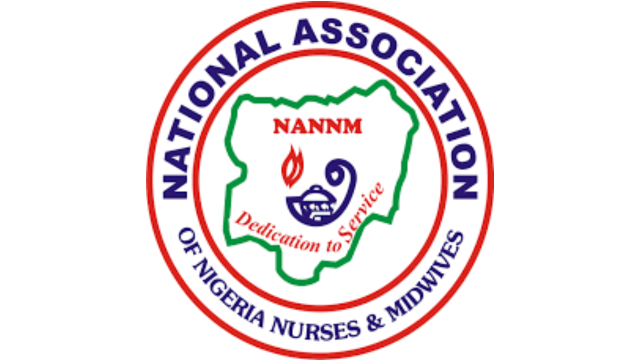The National Association of Nigerian Nurses and Midwives and the Federal Health Institutions Sector has refuted claims that the union has halted its ongoing seven-day warning strike across the nation.
In a statement to our correspondent on Friday, Omomo Tibiebi, the National Public Relations Officer of NANNM-FHI, emphasized that the strike, which commenced on Wednesday, is still active, despite a meeting with the minister earlier in the day.
The nurses initiated the strike to advocate for their long-standing requests, which include an increase in shift allowance, adjustments to uniform allowance, a distinct salary structure for nurses, enhancements to core duty allowance, widespread recruitment of nurses, and the formation of a nursing department within the Federal Ministry of Health, among other issues.
Tibiebi stated, “The strike has not been called off. Earlier today, NANNM executives met with the Coordinating Minister of Health and Social Welfare, Prof. Muhammad Pate, and it was the minister who went to the press to announce that the strike was canceled.
He wasn’t the one who initiated the strike, so he has no authority to terminate it.
Therefore, the strike is ongoing.” Related stories include a health minister's claim of suspended industrial action by striking nurses and the AfDB approving a $46 million loan for a significant healthcare transformation in Sokoto.
Tibiebi noted that the union's National Executive Council plans to meet tomorrow (Saturday) to evaluate the Federal Government's assurances and decide the next steps.
“A National Executive Council meeting is scheduled for tomorrow, and that’s when we will determine if the Federal Government's promises are sufficient for us to suspend the strike,” he remarked.
Meanwhile, hospitals across the country are experiencing the repercussions of the strike, leading to disruptions in healthcare services.
Overburdened by patient numbers, the limited available medical staff are finding it challenging to sustain essential operations.
Many patients have been discharged due to the nursing shortage, numerous hospital wards remain unstaffed, minimal services are being provided in certain areas, while others have completely ceased operations.




















